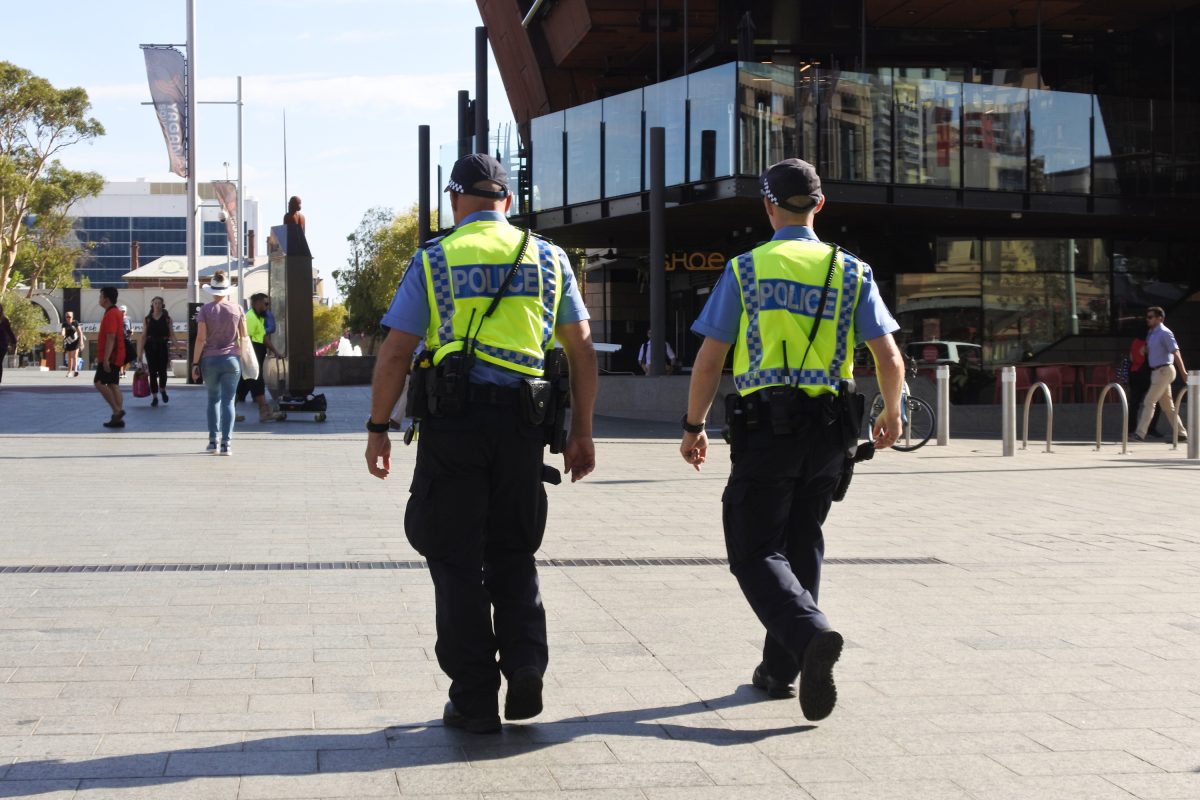Alcohol management policy is a growing concern in the Northern Territory, with criticism mounting for the Banned Drinker Register (BDR), which prevents registered parties from purchasing alcohol.
Dr Nathan Franklin, a political expert at Charles Darwin University, said that the BDR will become a hot topic in the upcoming August election.
“The perceived lack of effectiveness will be a key point in the election, particularly as people think that this method of dealing with anti-social behaviour and crime is ineffective. Without demonstratable data to support its effectiveness, the Opposition can criticise the BDR as an inconvenience for all good and responsible Territorians,” he said.
He says: “According to Department of Local Government, Sport and Cultural Industries, Government of Western Australia, the BDR has support from a wide range of stakeholders, including WA Police, local governments, health service providers, the liquor industry, and the broader community. The BDR is a deterrent. It deters people from getting on there in the first place.”
Peak industry body Retail Drinks Australia is a strong supporter of the BDR, as CEO Michael Waters explained.
“Retail Drinks strongly supports the BDR as a targeted policy measure in addressing alcohol-related harm, rather than blunt, all-of-population measures such as minimum unit pricing,” he said.
Since its reintroduction in 2017, the NT Government has conducted regular reviews into the BDR’s effectiveness. According to the Learning from Alcohol (Policy) Reforms (LEARNT) study, there were initial declines in alcohol-related crimes, both assaults and non-violent offences, at the six- and 12-month marks. There was also an early reduction in alcohol-related emergency department presentations, a trend which continued at the 24-month review.
Changes were made to the BDR in December last year, which allowed police to request the ID of any public drinkers exhibiting disorderly behaviour and issue an on-the-spot seven-day Banned Drinker Order (BDO), as well as expanding the situations in which police were required to issue a BDO. Individuals that trigger a BDO for a second time will receive a three-month BDO, with more serious alcohol-related offences such as domestic violence orders resulting in an immediate three-month BDO.
The Minister for Police, Brent Potter, explained why these new measures were implemented.
“Police will now have to provide a BDO to those that are not following the rules. You will now have to show your ID to police so we can see who has the potential of being violent and causing harm. Police have told us these changes will make their jobs easier and that’s why we are introducing these changes on urgency,” he said.
Franklin is unsure how the NT Government could work to make the BDR more effective.
“It is hard to see what else the government can do to strengthen the BDR, other than more monitoring, or additional security at liquor outlets. The information put into a BDR scanner is not recorded or retained, not at the point of sale or centrally, so people are not being monitored. If this did happen, people would cry ‘big brother’,” he said.
However, Waters offered concrete suggestions for how the BDR could be improved.
“We contend that upgrades are necessary to ensure that the BDR stays aligned with current technologies, including interstate digital driver’s licences. Further, the existing technology contract needs to be reviewed enabling cost reductions in both the upgrades and continued expansion of the BDR,” he said.
Franklin suggested that the government may instead opt for greater alcohol restrictions.
“Governments could treat alcohol like the gambling industry, with more regulation, restrictions, education, etc, making the alcohol industry more responsible, for example, how much alcohol is advised or permitted, not just for drink driving, but to avoid being ‘drunk in public’ or ‘socially irresponsible’,” he said.
Waters encouraged the NT Government to work with the liquor industry, which has its own range of responsible alcohol consumption measures.
“Separately to the BDR, Retail Drinks also urges the NT Government to support our broad range of industry responsibility initiatives, which have been designed to enhance the responsible promotion, sale and supply of alcohol beverage products.”
These initiatives include DrinkWise messaging encouraging moderation, ID25 and Don’t Buy It For Them, which discourage obtaining alcohol for or selling alcohol to minors, and the Online Alcohol Sale and Delivery Code of Conduct, an industry-wide framework developed in collaboration with government and community promoting responsible alcohol e-commerce.

